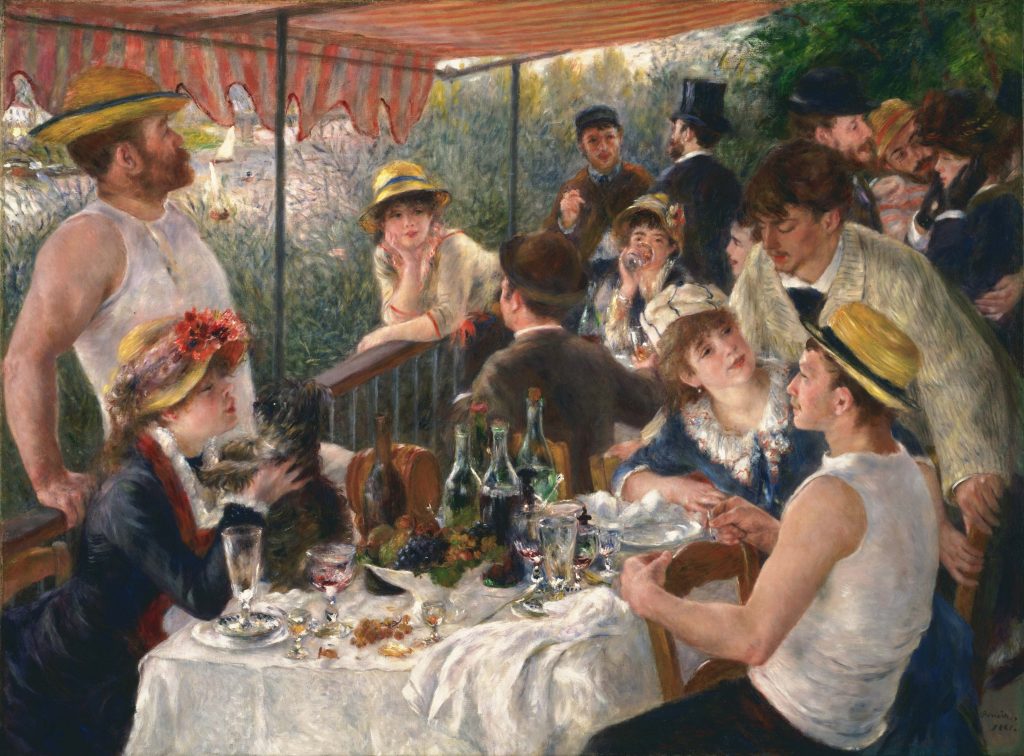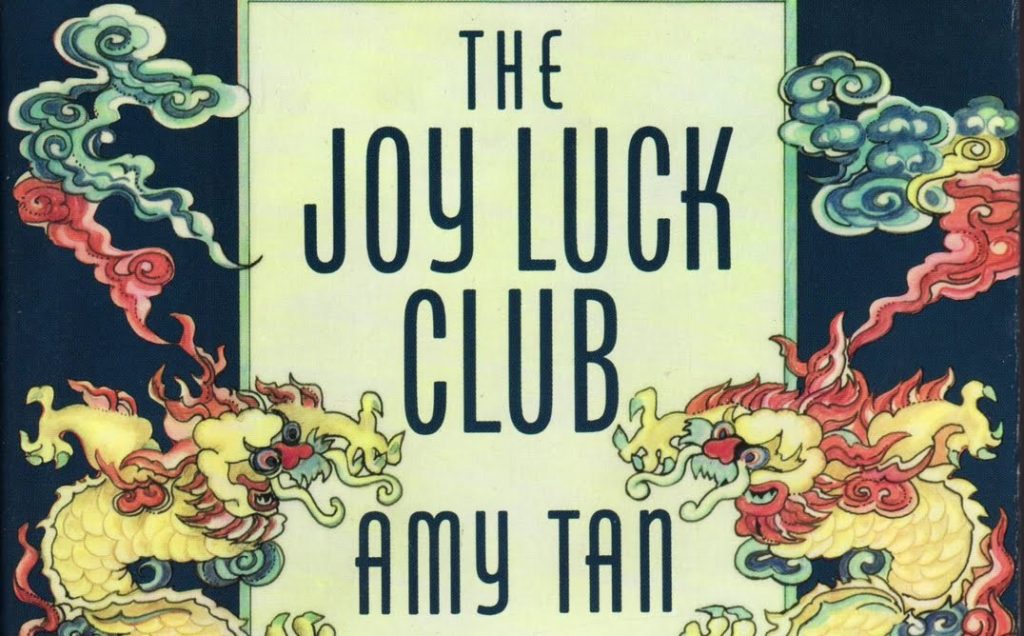Going through my parents’ bookshelves, where all the books of my life end up, is a distinctly pleasurable activity. Like a song, the titles stacked along the shelves contain distilled memories, and the best books are not actually the ones I’ve read countless times, but the ones I picked up only once. The books I’ve read time and time again give me the sensation of greeting an old friend, and the feeling is comfortable and sweet. “Oh, you again,” I think, my finger slipping across the spine. But the books that belong solely to one time and place, these books give me a tiny jolt, like encountering the name of an old crush whom I haven’t thought of in years. My finger will pause, and then tug against the lip of the spine to take a peek at the cover, to see if memory has warped, or amplified, the book’s original charm.









